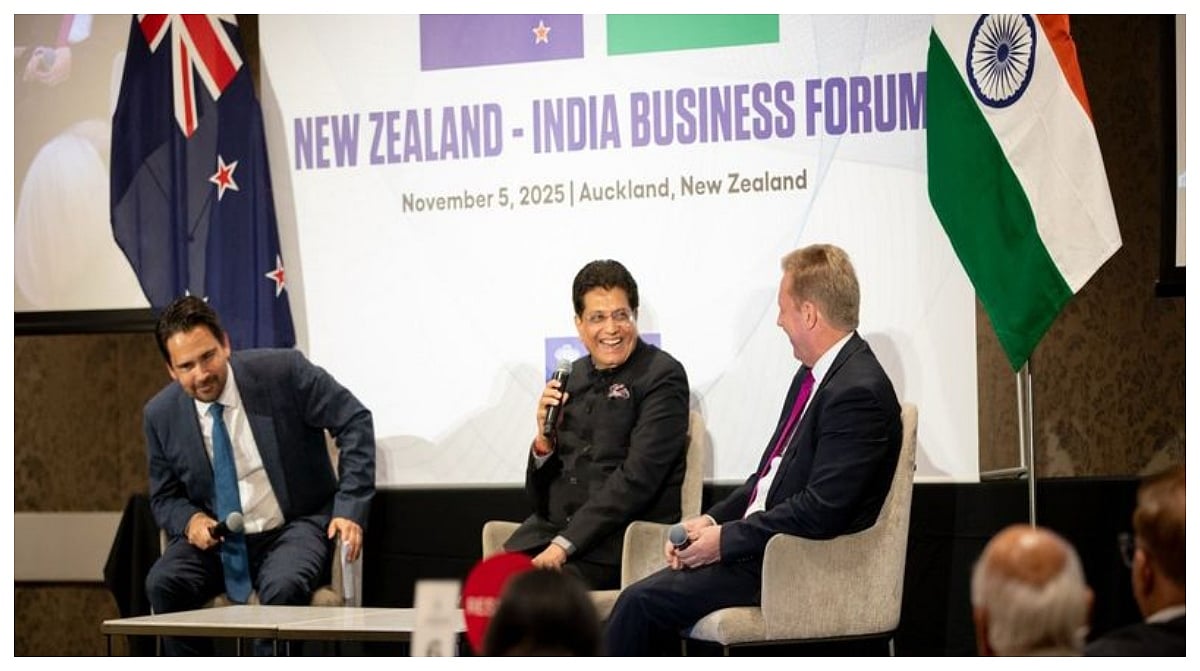The Vehicle scrappage policy is a major initiative for the Indian automobile industry. It will help the sector overcome the downcycle, especially for commercial vehicles.
On paper, scrappage policy offers huge scope to the industry. India has ~51 lakh light motor vehicles older than 20 years and another 34 lakh vehicles with an age of ~15-20 years. Among MHCVs, 17 lakh vehicles are older than 15 years without a valid fitness certificate.

The policy proposal:
The government has proposed that commercial vehicles be de-registered after 15 years. Private vehicles will be de-registered after 20 years in the absence of a fitness certificate.
All central and state government vehicles will be scrapped after 15 years of age. For the private sector, increased fees of fitness certificate will be applicable after 15 years. This is for both commercial and private vehicles.
Besides, monetary incentives were introduced to encourage scrapping. The scrappage value of old vehicles is estimated to be around 4-6% of new vehicles. Vehicle owners are also expected to get a discount of ~12-13% on new vehicles.
The government has also proposed a road tax rebate of up to 25% for personal vehicles and up to 15% for commercial vehicles. And, registration fees could be waived off on replacing old vehicles.
Mandatory fitness testing will be applicable for heavy commercial vehicles from April 2023. It will be introduced in a phased manner for other categories from June 2023.
A few solid questions:
While the opportunity is huge, recent policy proposals have received mixed reactions from the auto industry. Few solid questions are being raised about how a lack of incentives and delay in implementation could prove to be the major spoilers.
The industry is not too pleased with the lack of incentives on offer. It doesn't seem to be material enough. A lot will depend on two factors. It includes, 1) the scrappage value on old vehicles, and 2) discount expected on purchasing new ones. Both these factors will depend on demand and the cost environment which is a tricky situation.
Mandatory fitness testing is an important proposal. This could force vehicle owners to go for compulsory replacement. But, there is a serious shortage of infrastructure and it will take time to set up. Hence, the testing is expected to start only in FY24. It takes away all near-term positives.
Closing comments:
There have been questions around the need for infrastructure and incentivizing vehicle owners. Yet, This policy is a step in the right direction. It will help build sales volumes for the auto industry in the long term. But, it will also depend on how soon the necessary infrastructure can be created.










